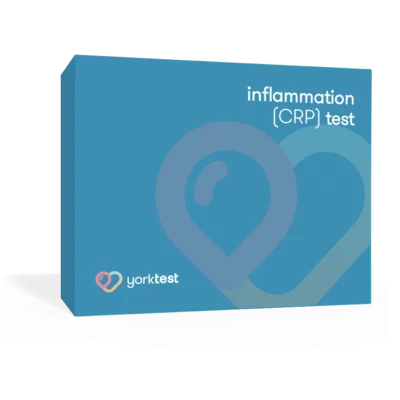What do ESR test results mean?
If your ESR result is in the normal range, this needs to be considered by your doctor alongside other test results according to the symptoms you have.
A slower than normal rate may indicate a potential blood disorder, such as sickle cell anaemia or leukocytosis (the presence of too many white blood cells).
A high ESR test result could be connected to an inflammatory condition, such as:
- Infection
- Rheumatoid arthritis
- Heart disease
- Inflammatory bowel disease
- Certain cancers
However, it is important to note that results outside the expected range are not a definite indicator of a medical condition. ESR results can be affected by factors including renal function, age, the size/shape of red blood cells and the level of immunoglobulin and fibrinogen.
The erythrocyte sedimentation rate is typically higher in healthy women than healthy men. Taking certain vitamin supplements and medications – including contraceptive pills, aspirin and Vitamin A – can affect the result. A moderately high ESR test result may also be caused by conditions including anaemia, menstruation or pregnancy.
So, the conclusion is that taking an ESR test alone is not a clear indicator of the state of your health. If you suspect you may have an inflammatory autoimmune disease or other underlying health condition, it’s important to see a doctor as a first step.









